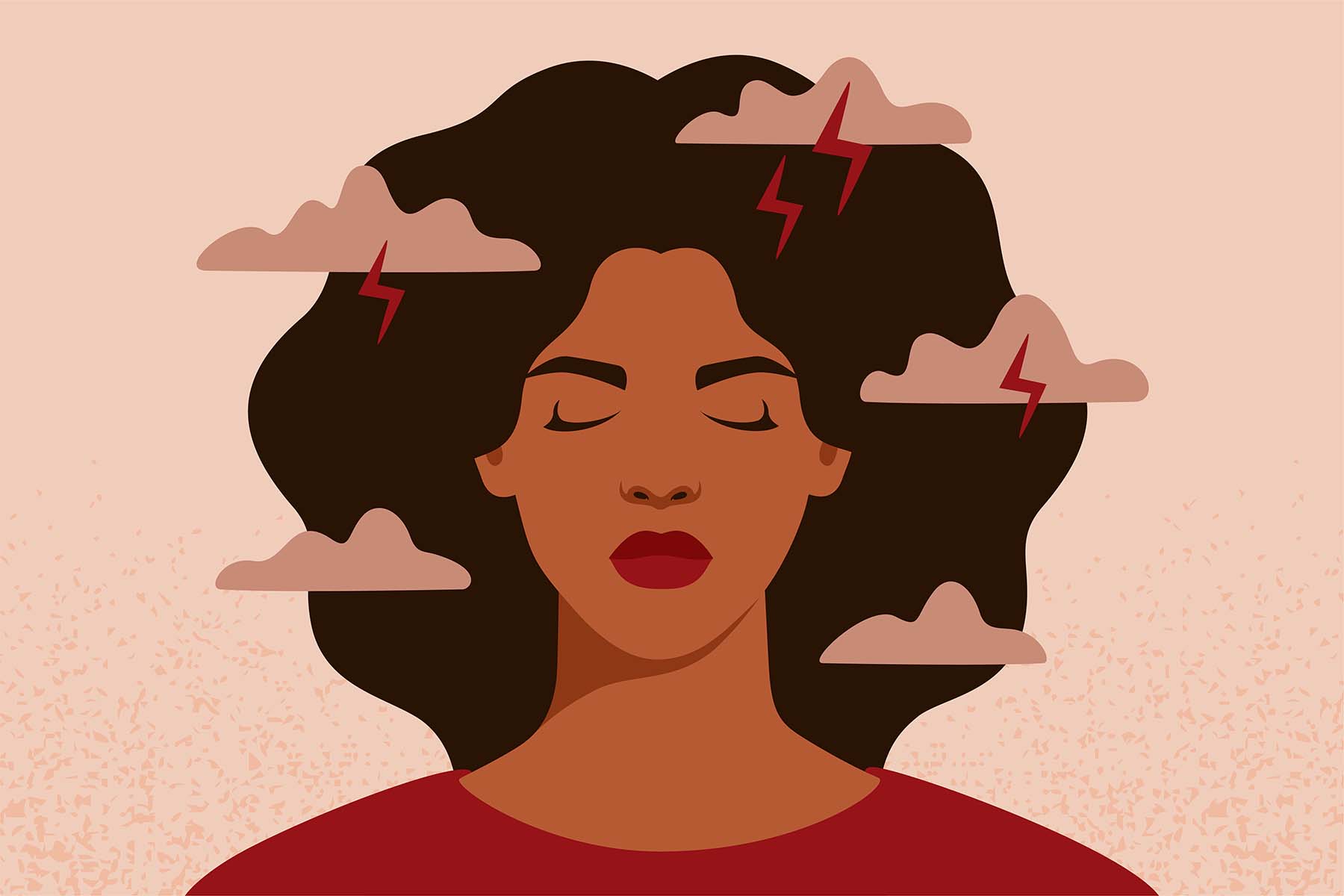Cortisol: Friend or Foe?

The so-called stress hormone can be both, depending on the levels present in your body. Pity the cortisol hormone. It gets a bad rap due to its “stress hormone” status and connection to the fight or flight response.
However, without the cortisol steroid hormone, you couldn’t get up and do what needed to be done. It helps your brain control your motivation, mood, and fear. Learning to maintain healthy, not harmful cortisol levels might be your superpower for living in the modern world.
Where does cortisol come from?
The adrenal glands produce cortisol — the same organs that make adrenaline. These organs sit atop your kidneys and communicate closely with your brain.
If the cortisol level in your blood is too low or too high, the hypothalamus and pituitary glands in your brain pick up on it and regulate the cortisol level. Your adrenal glands respond by releasing cortisol and adrenaline if needed.
How does cortisol affect me?
Cortisol is one busy hormone. It is known to:
- reduce inflammation
- help control blood pressure
- increase blood sugar
- assist your body manage protein, fat, and carbohydrates
Have you ever been too stressed to sleep? Cortisol played a role in that, too. You can also thank this hormone for getting you through stressful situations and restoring you to a calmer state afterward.
One of cortisol’s most fascinating functions is shutting down bodily functions that get in the way when we face a threat – the famous fight-or-flight response. Cortisol can suppress digestion, immune response, reproductivity, and growth.
When fight-or-flight mode subsides, cortisol returns to normal levels, along with your heart rate, blood pressure, and other functions.
If you’re under constant stress, your cortisol levels remain on alert. Your body exists in a state of constant alarm, which can interfere with digestion, concentration, and sleep. You might gain weight, have headaches, or become anxious or depressed. Some people even develop heart disease as a result.
Cushing syndrome is another reason the body might produce excess cortisol. This condition occurs when a mass or tumor develops in the adrenal or pituitary gland. People with Cushing syndrome may experience rapid weight gain, muscle weakness, easily bruised skin, diabetes, or other problems.
When cortisol levels are too low, they cause Addison’s disease.
What are the symptoms of Addison’s disease?
- Constant fatigue
- Loss of appetite and weight
- Progressively worse muscle weakness
- Skin darkening
- Nausea, vomiting, and diarrhea
People with Addison’s disease may need to take prescription prednisone, hydrocortisone, or dexamethasone.
How does lifestyle affect cortisol?
Everyone reacts differently to stress. Controlling your response isn’t always easy. Some people are genetically predisposed to react more strongly to stressors. Others, like people with PTSD, experienced traumas that make them more vulnerable to tension.
Many people resort to overeating, alcohol, tobacco, and drugs to cope. Others indulge in sweets or caffeine to power through tasks even though their body is crying out for rest.
The result? A recipe for crash and burn and cortisol overload. If you are leaning on unhealthy substances to manage life, speak to your doctor.
You don’t have to live on high alert. To help your body function at its best:
Control what you can and let go of the rest.
Do traffic jams trigger you? Leave the house earlier. Does searching for homework at the last minute make a mess of your morning? Gather everything the night before. Planning and preparation give peace a chance.
Along those same lines, set priorities.
Challenge yourself to eliminate or delegate tasks that aren’t critical. Dust bunnies can wait.
Give yourself permission to relax.
When you think you can least afford to nap, read, play, jog, or listen to music, that’s when you need it most. If you find it hard to break away from responsibilities, remember – you’re no good to anyone if you get sick.
Embrace healthy habits.
Nutritious food, regular exercise, and sufficient sleep are your body’s natural “shock absorbers.”
Learn to destress.
Studies show that meditation promotes well-being and physiologic balance in the mind and body. Try yoga, visualization, breathing techniques, and spending time in nature. If all else fails, schedule a massage.
Nurture connections.
Take a walk to catch up with a friend. Reach out to someone you’ve been meaning to call. Too busy to cook and clean the house? Potluck at the beach with family and friends.
Just laugh.
A sense of humor is the first thing to go when you’re stressed. Watch funny movies or silly cat videos to get a healthy dose of laughter.
Help someone.
Serving others feels good. Volunteering takes the focus off your own problems.
Keep a gratitude list.
Find five things to be grateful for each day and write them down. Don’t be surprised if you go from five to 15; with practice, gratitude grows.
Get the support you need.
A professional counselor or clergyperson can help you sort through issues and develop stress management techniques.
Medically reviewed by E. Robert Schwartz, M.D.
Nancy Moreland is a regular contributor to UMiami Health News. She has written for several major health care systems and the CDC. Her writing also appears in the Chicago Tribune and U.S. News & World Report.
Tags: addison's disease, cortisol, Dr. Robert Schwartz, panic attack, stress hormone, stress management
